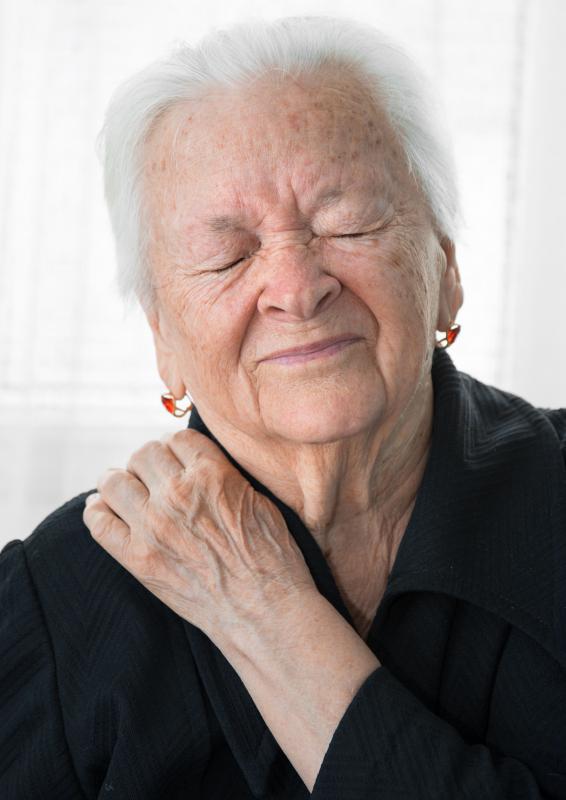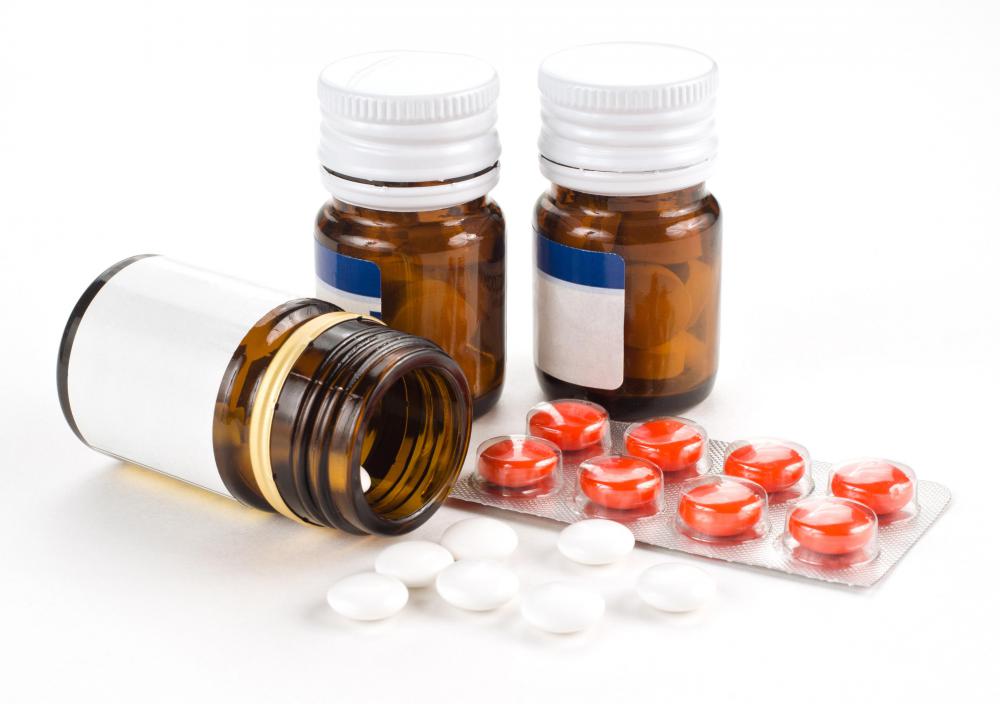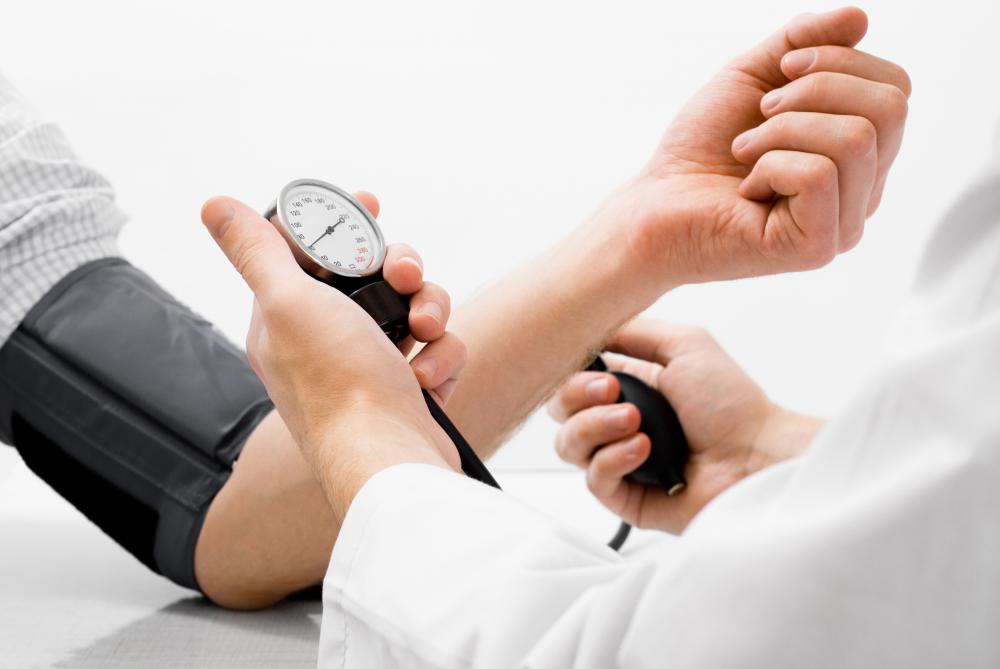At TheHealthBoard, we're committed to delivering accurate, trustworthy information. Our expert-authored content is rigorously fact-checked and sourced from credible authorities. Discover how we uphold the highest standards in providing you with reliable knowledge.
What is Blood Pressure?
Blood pressure is a measurement of the force of blood against the arterial walls when the heart pumps. The pressure is measured in millimeters of mercury (mmHg) and is expressed as two numbers. For example, the optimal BP for an adult is 120 over 80, or 120/80. The top number, called the systolic pressure, measures the highest pressure exerted when the heart contracts. The bottom number, called the diastolic pressure, shows the minimum pressure against the arteries when the heart rests between beats.
Blood pressure is measured with a cuff and stethoscope while the arm is in a resting position. The cuff is placed about one inch above the bend of the elbow, and is inflated until the mercury dial reaches 30 points higher than the person’s usual systolic pressure, or 210 if previous data is not available. A stethoscope is placed on an artery in the inside of the elbow, and the air is slowly allowed to escape from the cuff. The point at which the sound of the pulse is first heard is the systolic pressure number; the point at which the sound disappears is the diastolic number.

Several factors can affect blood pressure, so one high reading does not necessarily mean that a person has hypertension, or high blood pressure. Immediate stimuli such as fear, pain, anger, and some medications can temporarily raise a person’s BP. If a high reading has occurred, and one of these factors is present, then the person needs to be monitored repeatedly over a period of time to determine if this is a persistent condition, or if the reading was simply based on circumstances.

Hypertension is a leading cause of strokes, cardiovascular disorders, kidney, urological and neurological conditions, and pre-eclampsia in pregnant women. A pressure reading of 120 over 80 or lower is considered healthy. If the systolic number ranges above 120 to 139 or the diastolic number ranges above 80 to 89, a person is considered to have pre-hypertension. Systolic readings from 140 to 159 or diastolic readings from 90 to 99 are classified as stage 1 hypertension. Systolic measurements of 160 or above or diastolic measurements of 100 or above indicate the severe condition of stage 2 hypertension.

If a person has been determined to have hypertension it is vital that the condition be addressed. Some lifestyle changes can be helpful, such as eating healthy, maintaining proper weight, exercising regularly, and limiting salt and alcohol consumption. In some cases, these efforts are not enough and medication is indicated. Even if a patient is on medication, changes to a healthy lifestyle will help control the condition and may reduce the amount of medication necessary to maintain a healthy reading.

Sometimes patients have pressure readings that are lower than 90 over 60, which is what is considered the bottom of the normal range. This condition, called hypotension, may cause nothing more than a sense of dizziness when moving quickly from a sitting to a standing position. However, hypotension can be indicative of an underlying medical condition, such as heart failure, infection, severe diabetes, shock, gland disorders or dehydration. Alcohol, anti-anxiety and anti-depressant medications, diuretics, painkillers, and some other medications may also cause hypotension. A person’s blood pressure can change over time, so periodic monitoring should be a part of everyone’s preventative health care.
AS FEATURED ON:
AS FEATURED ON:





















Discussion Comments
Thank you, this will help me lower my blood pressure.
Why are standing, systolic and diastolic readings higher by almost 30mm HG, compared to the sitting ones?
120/81 is excellent. I am not certain what anon197710 is referring to as "anti-anxiety". Are you talking about medication?
what are the effects of anti-anxiety?
mine was 120/81. is that good or bad?
In some cases a person with high blood pressure may experience some dizziness or headaches, though the symptoms are generally mild.
In most cases, however, there are no recognizable symptoms, which is why everyone should have their blood pressure checked regularly. You can usually do this yourself at no cost at local pharmacies.
What are the symptoms of high blood pressure?
It is possible with those set of symptoms that you may have hypertension, though other conditions may also express that way, including serious heart conditions such as coronary heart disease. I would suggest that you see your physician as soon as possible to determine the cause of your symptoms.
i have shortness of breath and chest soreness to go along with sweating and dizziness? is that hypertension?
Post your comments